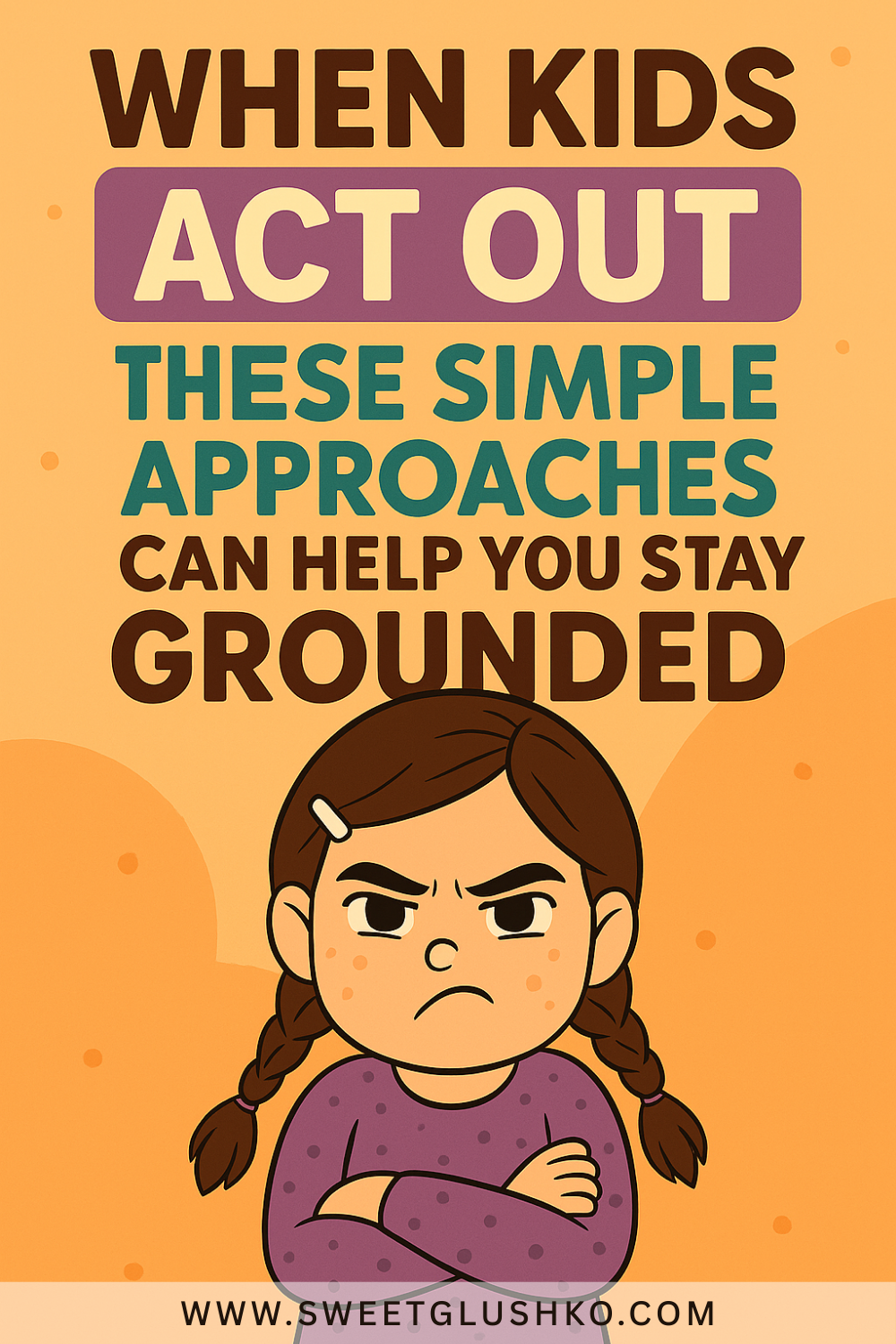Tough kid behavior can be overwhelming at times, but there are always practical ways to manage it without losing your cool. While dealing with frustrating moments may feel exhausting, it’s helpful to remember that even the most challenging behaviors have solutions. By using simple strategies and staying consistent, you can guide your child through these difficult phases with more patience and confidence. Thankfully, approaching tough kid behavior with the right mindset not only eases daily struggles but also helps you build a stronger, more loving bond. Keep reading to discover effective techniques that truly make a difference.

How to Handle Tough Kid Behavior with Calm, Confidence, and Compassion
Every parent faces moments when their child’s behavior feels overwhelming, unpredictable, or just plain exhausting. But behind every meltdown or defiant outburst is a child trying to communicate something. Learning how to manage tough kid behavior is about patience, perspective, and practical strategies that nurture growth—for both of you.
Understand the Root of Their Behavior
Kids don’t act out for no reason. They might be tired, hungry, overstimulated, or simply craving attention. Before reacting, ask yourself what might be triggering their behavior. When you get to the “why” behind the action, you’ll be better equipped to respond with compassion rather than frustration.
Set Clear, Consistent Boundaries
Structure gives kids a sense of security. Set firm yet loving limits, and explain the consequences of breaking rules in terms they can understand. Consistency builds trust, and over time, it helps reduce behavioral issues by giving kids a clear understanding of expectations.
Reinforce the Positive
Catching your child doing something right is powerful. Praise their efforts when they show kindness, complete tasks, or manage big emotions in healthy ways. Positive reinforcement builds confidence and encourages more of the behaviors you want to see.
Stay Calm—Even When It’s Hard
When your child’s behavior tests your limits, staying calm is essential. Reacting with anger only escalates the situation. Take a few deep breaths, step back if needed, and return to the moment with a grounded response. Your calmness helps your child regulate their own emotions.
Practice Active Listening
Sometimes, your child just wants to feel heard. Listen to them without interrupting or rushing to correct them. Even if their concerns seem small, validating their feelings helps strengthen your connection and encourages more open communication.
Offer Simple Choices
Giving children the power to make small decisions can reduce power struggles. Let them choose between two outfits or snacks. When kids feel a sense of control, they’re less likely to rebel against your guidance.
Channel Their Energy Productively
Hyperactivity isn’t misbehavior—it’s excess energy looking for an outlet. Encourage physical play, movement-based games, or creative activities like drawing or building. Redirection not only diffuses tension but also keeps your child engaged in a healthy way.
Be the Example They Learn From
Kids learn more from what you do than what you say. If you manage stress calmly and treat others with respect, your child will mirror those actions. Show them how to handle frustration and problem-solving in constructive ways.
Create a Predictable Routine
Routines give children a sense of order and stability. Stick to regular meal times, play times, and sleep schedules to minimize uncertainty. Predictable routines reduce anxiety and make transitions smoother, which helps cut down on tough behavior.
Introduce a Calm-Down Corner
When emotions run high, offer your child a quiet space to regroup. A cozy corner with pillows, books, or sensory toys can help them reset. Teach them calming techniques like deep breathing, counting, or hugging a stuffed animal to self-regulate.
Lead with Empathy
Empathy transforms discipline into connection. Try to understand your child’s emotions—even when their behavior is frustrating. Let them know their feelings are valid, and guide them toward better choices with patience and warmth.
Ask for Help When You Need It
You don’t have to handle everything alone. Talk to other parents, join a support group, or seek guidance from a child therapist if needed. Sometimes, an outside perspective offers clarity and comfort during difficult parenting phases.
Managing tough kid behavior takes time, understanding, and a steady mix of structure and love. The key isn’t perfection—it’s progress. With a calm presence, clear communication, and consistent support, you’ll create a home where your child feels safe to grow, learn, and thrive.